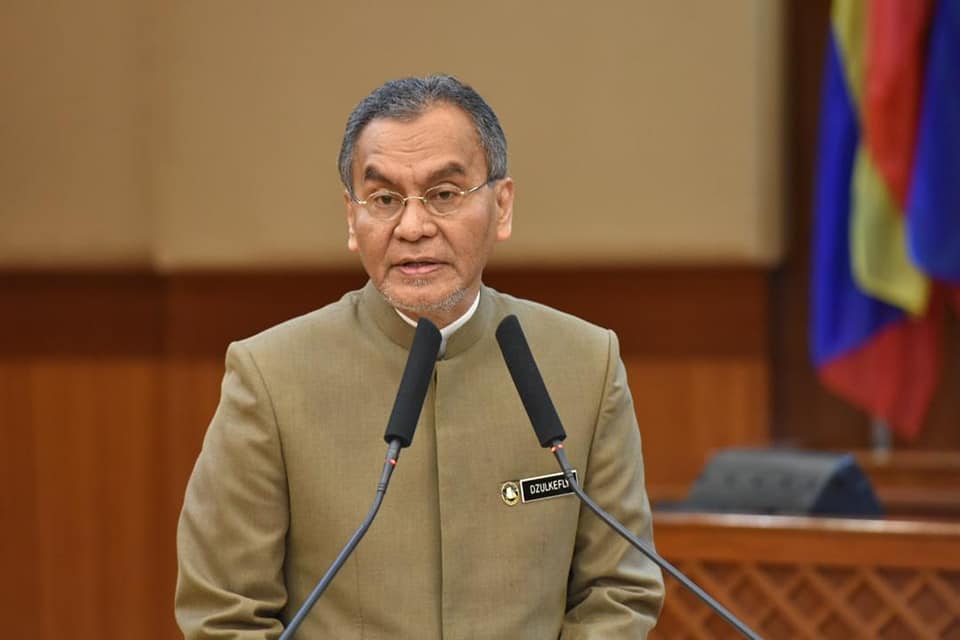PUTRAJAYA, Jan 25 – The Selangor Task Force for Covid-19 (STFC) has been transformed into the state’s public health advisory council that will manage not just infectious disease outbreaks, but also tackle non-communicable diseases.
STFC chairman Dzulkefly Ahmad said the state government did not want to simply end the role of STFC — as Malaysia prepares to enter the endemic phase of the Covid-19 epidemic — but use it as a stepping stone to enhance the state government’s public health care services for both infectious and chronic diseases.
“Infectious disease is always episodic and acute, but one that is going to continuously haunt you and harm you is the non-communicable diseases, essentially the risk factors of diabetes, hypertension, high cholesterol, obesity and whatnot,” Dzulkefly told CodeBlue in an interview in conjunction with the second anniversary of Malaysia’s Covid-19 epidemic.
“So, public health measures would have to be put in place and this advisory council would have to advise and guide. In fact, we have worked into an implementation arm to execute rigorous preventive measures and on getting it early prevention.
“That has got to do a lot of screening. Screening is just the beginning — end-to-end screening and treatment.
“And when you are treated, you’re going to be monitored, how well you’re complying and more importantly, if you’re well, we want to keep you well. So, that is truly health care, not just sick care.”
He highlighted that screening measures are highly cost-effective. For example, diabetes screening is not just to identify diabetic patients but also to prevent disease burden like renal failure, and amputation and blindness caused by diabetes.
This will eventually help the state and the federal government to save a lot of money from being spent on the impact of disease burden, Dzulkefly added.
According to the National Health and Morbidity Survey (NHMS) 2019, one in five Malaysian adults suffer from diabetes. About 8 per cent of the adult population, or 1.7 million people, have all three risk factors for diabetes, high blood pressure, and high cholesterol.
The Selangor public health advisory council will also focus on cancer screenings throughout the state, particularly colorectal, prostate, breast and cervical cancer screening.
“So we have got to emphasise and enhance and we’ll take measures in all this intervention approach or getting Selangor to be prepared, not just NCDs,” Dzulkefly said.
He added that other infectious diseases like tuberculosis, dengue, zika and emerging Covid-19 variants are also concerns of the state public health advisory council.
It is important to note that the state government has allocated RM800,000 for the Tuberculosis Treatment Incentive Programme and RM5 million to curb the spread of dengue fever in Selangor this year. Selangor is the country’s most developed and industrialised state.
“We are very seriously looking into this. I’m sure Menteri Besar understands his challenges, and the exco herself,” Dzulkefly said, referring to Selangor MB Amirudin Shari and public health executive councillor Dr Siti Mariah Mahmud.
“So we are there for the Selangor public health care advisory council to get this in place and if only we could share this with the federal government. We want to be complementary to them. We can’t be overtaking them because health is essentially a federal matter.”
The Selangor state government, under its 2022 budget, announced last year that it will establish a new public health advisory council to act as the state’s public health think tank.








